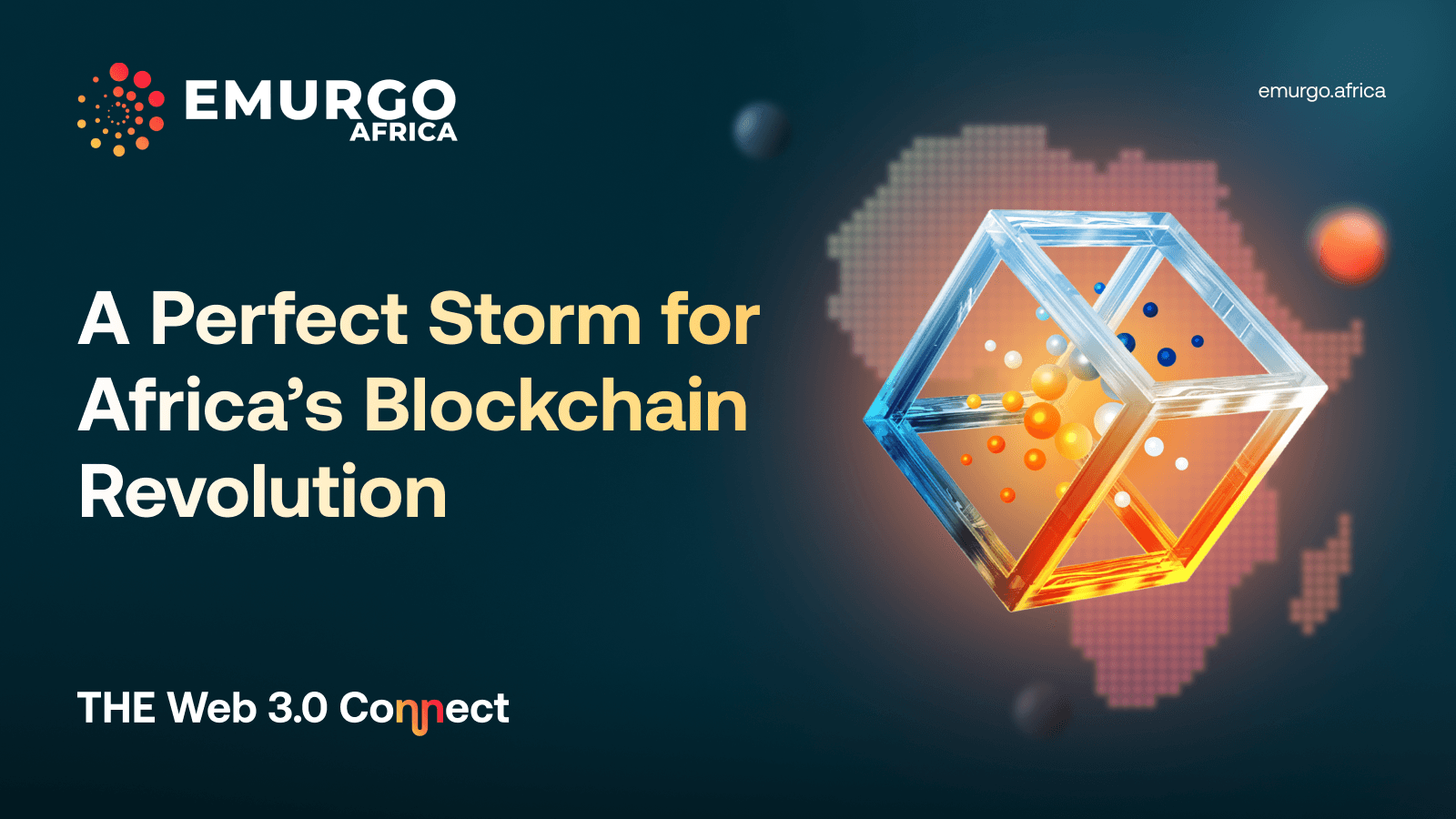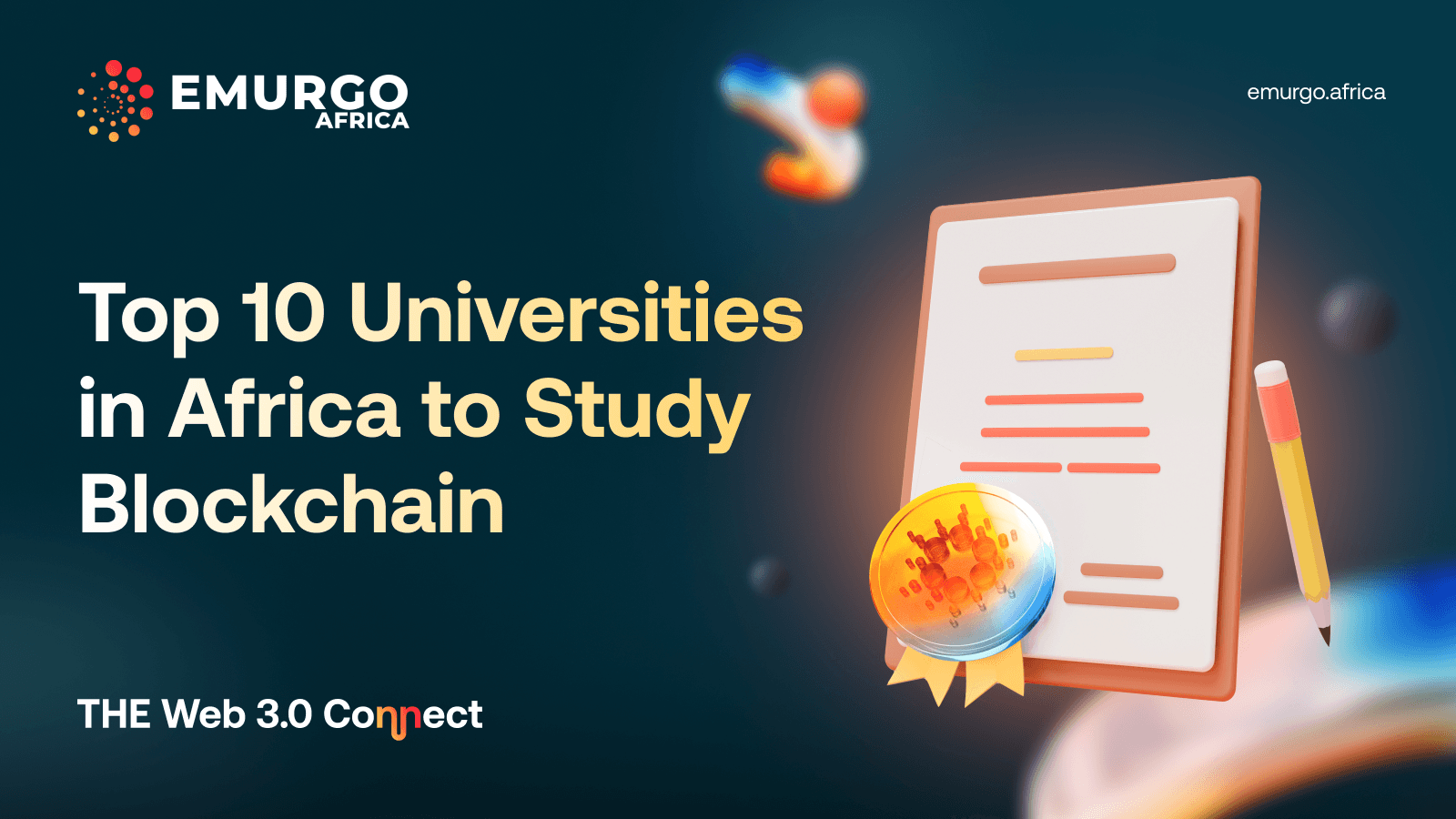Today, we cover the chapter 4, Blockchain Finance in Africa, of EMURGO Africa 2023 Q2 Report!
Blog posts related to EMURGO Africa 2023 Q2 Report:
Download Full Report
Effect of Financial Inclusion
Digital Finance in Africa 2023
Hope you enjoy reading the articles!!
Table of Contents:
1. Blockchain Finance in Africa
Figure 1 presents the diverse landscape of blockchain financial services in Africa. Out of the 46 distinct blockchain finance enterprises identified, 16 are dedicated to facilitating payments, while 10 operate as trading platforms. Additionally, 7 are tailored for wealth management, 4 focus on account management, and 3 specialize in energy or resource trading.
Notably, among the 46 blockchain finance enterprises in Africa, a select few, precisely 4, extend lending services. Within this lending domain, 2 function as decentralized finance (DeFi) protocols, one explores the intriguing realm of NFT collateralized lending, and the last offers lending solutions tailored specifically for small businesses.
Figure 1. Type of Blockchain Financial Services in Africa

Note: The list is made based on the data availability and presence in the market with reference of Crunchbase and StartupList Africa.
Figure 2 provides an overview of the countries hosting the 46 identified blockchain finance enterprises in Africa. Among these, the majority, comprising 26 startups, hail from Nigeria, while 7 have their origins in South Africa. Additionally, there are 4 such enterprises in Kenya, and 2 each in Cameroon and Ghana.
Figure 2. Countries of Blockchain Finance Startups in Africa

Note: The results are by author’s own research.
In Figure 3, you can observe the distribution of blockchain finance startups founded over the years spanning from 2008 to 2022. The year 2018 saw the inception of 9 out of the 46 enterprises, closely followed by 2017, 2020, and 2021, each of which witnessed the establishment of 7 companies.
Figure 3. Number of Blockchain Finance Startups Founded by Year

Note: The results are by author’s own research.
2. Blockchain Lending Available in Africa
In the realm of blockchain lending services across Africa, a diverse array of options exists, spanning Decentralized Finance (DeFi) platforms, Centralized Exchange (CEX) platforms, and innovative projects initiated by African startups. More often than not, these services offer lower interest rates in comparison to traditional digital financial services (as outlined below). However, it is worth noting that global platforms may present limitations in terms of local currency availability, necessitate cryptocurrency collateral, and involve transaction costs, including gas fees. This landscape encourages African startups to continue innovating and tailor solutions that align more closely with local demands.
1. Global DeFi Platforms
Global DeFi platforms are instrumental in the provision of crypto loans, which include stablecoins like USDT, USDC, and DAI. These loans generally come with a monthly interest rate ranging from 0.1% to 1%. While the interest rates are indeed competitive, they often require a certain amount of cryptocurrency collateral. Moreover, users may encounter transaction and gas fees, along with on-ramp and off-ramp trading expenses due to the constrained availability of local currencies.

2. Global CEX Platforms
Global CEX platforms contribute to the African lending landscape by offering crypto loans and 'buy now, pay later' options for cryptocurrencies. It's worth noting that crypto loans often necessitate collateral surpassing the loan amount itself, creating specific considerations for borrowers.

3. African Startup Projects
African startup endeavors encompass an exciting range of lending services. These include loans secured by Non-Fungible Tokens (NFTs) as collateral, the operation of DeFi protocols, and the facilitation of cross-border lending services, each designed to bring fresh dimensions to the African lending scene.

3. DigiFi and DeFi Comparison
In the world of financial access, digital finance necessitates the provision of personal identification, as well as a specific credit history and score, as prerequisites for securing loans. In sharp contrast, DeFi opens its doors to borrowers with nothing more than a digital wallet. However, it's essential to note that DeFi, in most instances, demands a certain quantity of cryptocurrency collateral to facilitate borrowing while some digital financial services do not require any collaterals.
Table 1. Comparison of DeFi and Digital Finance in Africa

Note: The information above is collected from their websites by author.
Moreover, digital finance readily extends loans in local currencies, offering a convenient avenue for users. In contrast, DeFi often entails additional expenses, including on and off-ramp trading costs, transaction fees, and gas fees. Nonetheless, the allure of DeFi lies in its considerably lower interest rates when compared to digital finance.
Table 2. Comparison of Interest Rate of DeFi and Digital Finance in Africa

Note: The information above is collected from their websites by author.
We trust that you've found this chapter of the EMURGO Africa 2023 Q2 Report informative and engaging! For downloading the full report, please visit this page.
Thank you very much for reading this article! We strongly wish that blockchain technology will bring the brighter future of this world 😌💙
Follow EMURGO Africa for more information

EMURGO Africa invests and supports local Web3 projects in the region to adopt Cardano’s decentralized blockchain technology to build socially impactful solutions.
As a regional entity of EMURGO, the official commercial arm of Cardano, EMURGO Africa also runs a local Cardano accelerator in Africa, Adaverse, which accepts applications year-round.
For more up-to-date information on EMURGO Africa, follow the official channels listed below.
About EMURGO Africa
- Official Website: emurgo.africa
- Twitter: @EmurgoAfrica
- Telegram: https://t.me/emurgoafrica



